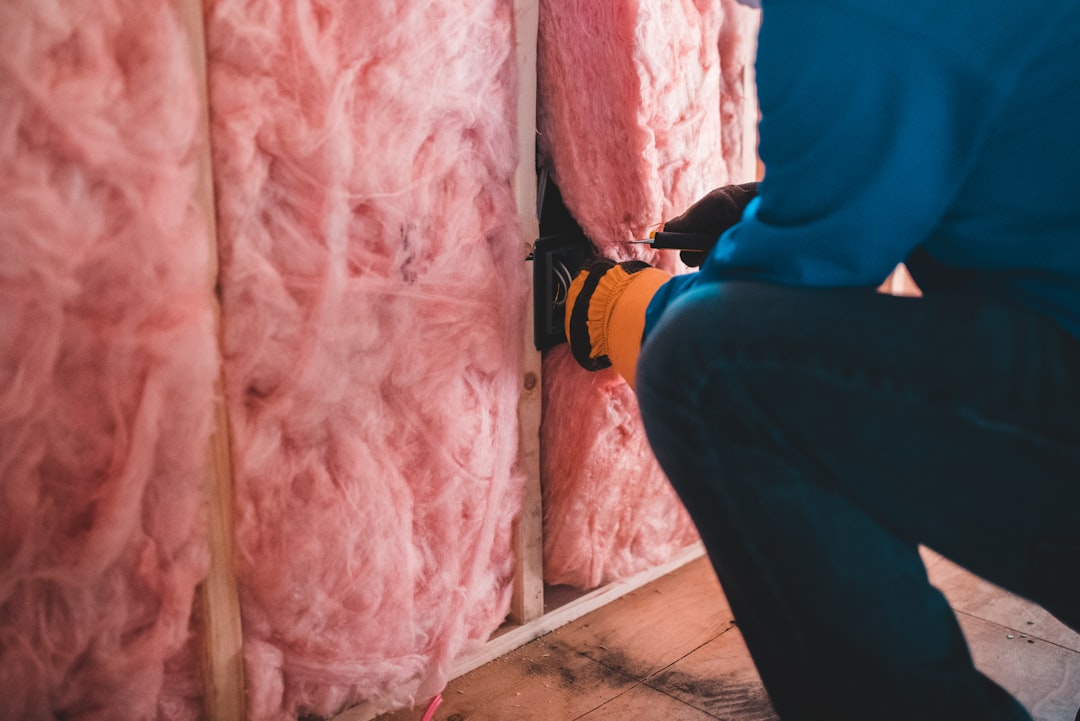Navigating the world of healthcare for children with disabilities can be overwhelming for many families. When it comes to physical development, movement, and mobility, paediatric physiotherapy plays a vital role. For families accessing support through the National Disability Insurance Scheme (NDIS), understanding how paediatric physiotherapy fits into their child’s care plan is essential.
Paediatric physiotherapy focuses on improving the physical abilities and overall well-being of children who may be experiencing developmental delays, neurological conditions, musculoskeletal challenges, or congenital disorders. The goal is to help children gain independence in their movement and participate more fully in daily activities at home, school, and in the community.
Children benefit from tailored therapy approaches that cater to their age, developmental stage, and specific needs. Sessions often involve play-based therapies, exercises, and activities designed to improve strength, coordination, balance, and flexibility. For children supported by the NDIS, physiotherapy can form a key part of an integrated care plan, helping them reach developmental milestones.
Access to ndis paediatric physiotherapy is typically coordinated through a child’s NDIS plan under the Capacity Building or Core Supports categories. These services are delivered by qualified physiotherapists who understand the unique challenges facing children with disabilities. They work closely with families, carers, and other allied health professionals to ensure a holistic approach to care.
Early intervention is particularly valuable. The earlier a child receives physiotherapy, the more opportunity there is to influence their development positively. In many cases, starting therapy at a young age can prevent secondary complications, reduce the need for future interventions, and significantly improve outcomes across a child’s lifespan.
Equally important is the support provided to families. Physiotherapists not only treat the child but also educate and empower parents and caregivers. They offer strategies and exercises that can be incorporated into daily routines, making therapy more consistent and effective.
When considering providers, families should look for physiotherapists with specific experience in paediatrics and a strong understanding of the NDIS framework. This ensures the therapy aligns with NDIS goals and funding categories, making the process smoother for families navigating the system.
For those seeking guidance on how to integrate physiotherapy into their child’s NDIS plan, or looking for trusted providers, resources are available to help families make informed decisions. Comprehensive services and support can be found through allied health professionals who prioritise child-centred care and work collaboratively with families. More information about these services can be found on the physiotherapy for children page.
As awareness grows and more families access support through the NDIS, the role of paediatric physiotherapy will continue to expand. With personalised care, expert guidance, and early intervention, children with disabilities can build confidence, achieve greater independence, and enjoy a better quality of life.






